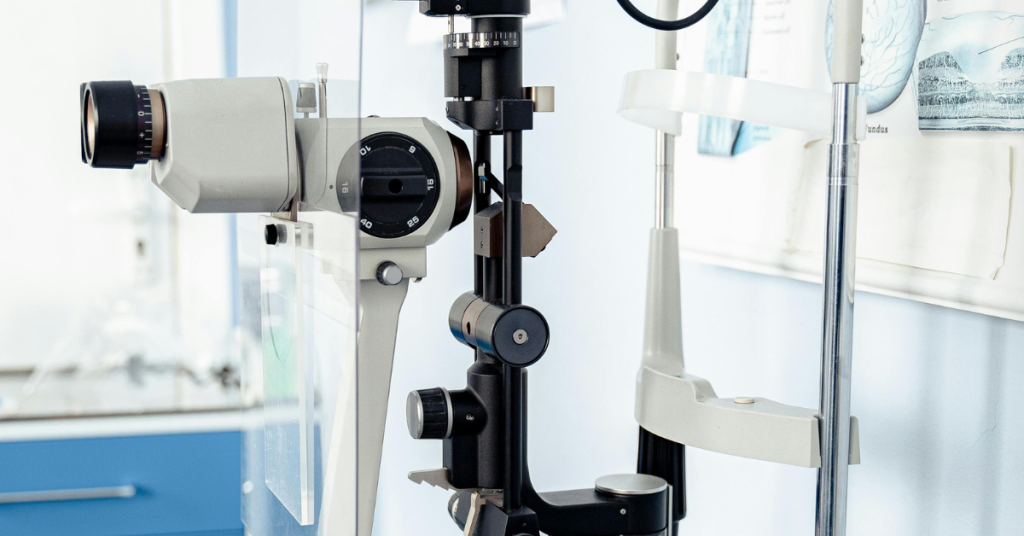In recent years, the convergence of technology and healthcare has driven remarkable advancements in medical device innovation. The rapid evolution of technologies such as artificial intelligence (AI), Internet of Things (IoT), and advanced materials is reshaping the landscape of medical devices, leading to more effective, personalized, and efficient healthcare solutions. This dynamic intersection of technology and medicine not only enhances diagnostic and therapeutic capabilities but also improves patient outcomes and revolutionizes the way healthcare is delivered. Understanding the role of technology in this transformation offers insights into the future of medical device innovation and its potential to address complex health challenges.
Table of Contents
The Role of Artificial Intelligence in Medical Devices
Artificial Intelligence (AI) is at the forefront of revolutionizing medical device innovation. AI algorithms are now integral to various medical devices, from diagnostic imaging systems to wearable health monitors. By leveraging machine learning and deep learning techniques, AI enhances the accuracy and efficiency of diagnostic tools. For instance, AI-powered imaging systems can analyze medical scans with unprecedented precision, identifying anomalies such as tumors or fractures at early stages that might be missed by human eyes. Additionally, AI-driven predictive analytics in wearable devices can monitor vital signs in real-time, alerting users and healthcare providers to potential health issues before they escalate. This integration of AI not only accelerates diagnostic processes but also enables a more proactive approach to patient care, shifting the focus from reactive treatments to preventive and personalized healthcare strategies.
The Impact of IoT on Remote Monitoring and Management
The Internet of Things (IoT) is revolutionizing the way medical devices connect, communicate, and operate. IoT-enabled medical devices provide a seamless flow of data between patients and healthcare providers, facilitating remote monitoring and management of chronic conditions. For example, smart insulin pumps and glucose monitors equipped with IoT capabilities allow diabetic patients to track their blood sugar levels and insulin usage in real-time. This data is transmitted to healthcare professionals who can make timely adjustments to treatment plans based on accurate, continuous information. Furthermore, IoT technology supports the development of telemedicine solutions, enabling remote consultations and monitoring, thus expanding access to healthcare services for patients in remote or underserved areas. The integration of IoT in medical devices not only enhances patient convenience but also improves the efficiency and effectiveness of healthcare delivery.
Advances in Materials and Manufacturing Technologies
The development of advanced materials and manufacturing technologies is another significant driver of medical device innovation. Innovations in biocompatible materials, such as smart polymers and nanomaterials, have led to the creation of more durable and adaptable medical devices. These materials enhance device performance by improving integration with the human body and reducing the risk of complications. Additionally, advancements in manufacturing techniques, such as 3D printing and microfabrication, have enabled the production of highly customized medical devices. For example, 3D-printed prosthetics and implants can be tailored to individual patient specifications, resulting in better fit and functionality. These technologies not only expand the possibilities for personalized medicine but also reduce production costs and time, making advanced medical devices more accessible to a broader population.
Innovations in Adhesive Medical Tape
Adhesive medical tape, a seemingly simple but crucial component, has also seen significant advancements due to technological innovation. Modern adhesive medical tapes are now designed with advanced materials that enhance their durability and functionality. Innovations such as biocompatible adhesives and antimicrobial coatings have improved the safety and effectiveness of these tapes in medical applications. For instance, new formulations of adhesive medical tape can better adhere to the skin while minimizing irritation, making them ideal for use with sensitive or compromised skin. Additionally, advanced adhesive technologies enable the secure attachment of monitoring sensors and electrodes to the skin, which is vital for devices used in remote monitoring and diagnostics. By improving the integration and stability of medical devices, these innovations contribute to more reliable and comfortable patient experiences, further supporting the broader impact of technological advancements in medical device innovation.

Read Also: Driving Growth with Digital Advertising Strategies
The Future of Biotechnological Integration
Biotechnology is poised to further revolutionize medical device innovation through the integration of biological and engineering principles. Emerging biotechnological advancements, such as tissue engineering and bioelectronics, are paving the way for the development of devices that can interact more seamlessly with the human body. For example, bioengineered implants and prosthetics that integrate with living tissues offer the potential for enhanced functionality and reduced risk of rejection. Additionally, advances in bioelectronics, which involve creating devices that can interface directly with biological systems, promise to improve the precision and efficacy of treatments. As biotechnological integration continues to advance, it will drive the development of next-generation medical devices that offer unprecedented levels of personalization and performance, ultimately advancing the field of healthcare.
The integration of technology into medical device innovation is transforming the healthcare landscape, driving advancements in diagnostic accuracy, remote monitoring, and personalized treatments. As AI, IoT, advanced materials, and biotechnological innovations continue to evolve, they will play pivotal roles in advancing medical devices and enhancing patient care. The ongoing advancements in these technologies hold the promise of more effective, accessible, and personalized healthcare solutions, improving outcomes and enriching the quality of life for patients globally. The future of medical device innovation is bright, driven by the relentless pursuit of technological advancements that address complex health challenges and elevate the standard of care.